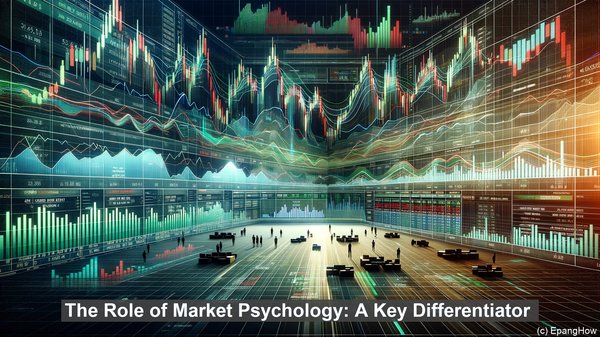Introduction: The Intricate World of Finance
Hello, fellow enthusiasts of finance! Today, we embark on a journey to unravel the intricacies of two fundamental concepts: financial bubbles and financial speculation. While these terms may seem similar at first glance, they represent distinct phenomena in the realm of investments. So, let’s dive in!
Defining the Terms: Financial Bubble and Financial Speculation
A financial bubble refers to a situation where the price of an asset, such as stocks or real estate, becomes significantly detached from its intrinsic value. This deviation is often driven by market psychology, where investors’ optimism and herd mentality fuel the price surge. On the other hand, financial speculation involves making high-risk investments, often based on short-term market trends, with the expectation of substantial returns. While both concepts involve market dynamics, their underlying mechanisms and implications differ.
The Role of Market Psychology: A Key Differentiator
One of the crucial distinctions between a financial bubble and financial speculation lies in the role of market psychology. In a bubble, the market sentiment is characterized by irrational exuberance, with investors disregarding the asset’s actual value. This euphoria often leads to a self-reinforcing cycle, as more investors join in, driving the prices further. In contrast, financial speculation is driven by a mix of market analysis, risk appetite, and opportunistic behavior. While speculation can influence prices, it’s not solely dependent on the herd mentality seen in bubbles.
Time Horizon: Short-Term vs. Long-Term Outlook
Another vital factor distinguishing bubbles from speculation is the time horizon. Bubbles are often associated with a short-term outlook, where the focus is on capitalizing on the price surge and exiting before the bubble bursts. This short-sightedness can lead to significant market volatility and, eventually, a sharp decline. Speculation, on the other hand, can encompass both short-term and long-term strategies, with investors leveraging market trends for potential gains. The time horizon in speculation is often more diverse and flexible.
Risk and Reward: Balancing Act in Finance
Risk and reward are inherent in any financial endeavor, but the balance differs in bubbles and speculation. In a bubble, the potential for significant gains may seem alluring, but it’s often accompanied by substantial risk. As the bubble bursts, prices can plummet, leading to substantial losses for investors. Speculation, while also involving risk, can be more nuanced. With thorough analysis and strategic decision-making, speculators aim to mitigate risk while maximizing potential returns.

Market Impact: Ripples and Waves
The aftermath of a financial bubble and speculation can have varying degrees of impact on the market. When a bubble bursts, the repercussions can be far-reaching, with the potential to trigger a broader economic downturn. The bursting of the housing bubble in 2008, for instance, had cascading effects on multiple sectors. Speculation, while it can influence prices, may not have the same systemic impact. Its effects are often more localized, with specific assets or sectors experiencing fluctuations.

